
How to Develop Self-Eating Habits in Kids
Introduce Finger Foods: Start by introducing age-appropriate finger foods that are easy for children to pick up and feed themselves. Offer a variety of nutritious options such as fruits, vegetables, cheese cubes, and whole grain crackers. Encourage exploration and experimentation with different textures and flavors.
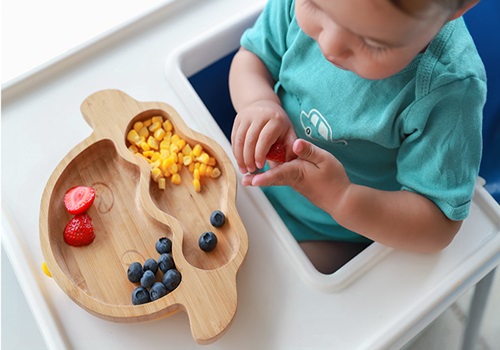 | 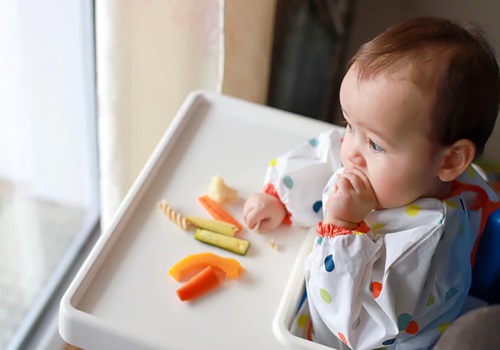 |
Provide Child-Sized Utensils: Invest in child-sized utensils such as small spoons and forks that are easy for little hands to grasp and maneuver. Choose utensils with soft, rounded edges to minimize the risk of injury and promote self-feeding independence.
Model Healthy Eating Behaviors: Be a positive role model by demonstrating healthy eating behaviors at meal times. Sit down together as a family and enjoy balanced meals composed of fruits, vegetables, lean proteins, and whole grains. Show enthusiasm for trying new foods and make meal times a positive and enjoyable experience.
Encourage Self-Help Skills:

Encourage children to participate in mealtime activities by allowing them to help set the table, pour drinks, and serve themselves from age-appropriate serving dishes. Provide guidance and support as needed, but allow children the opportunity to practice and develop self-help skills.
Offer Independence with Choices: Offer children a sense of autonomy by allowing them to make choices about what foods they would like to eat from the options provided. Present a variety of healthy choices and let children select their preferences, fostering a sense of independence and ownership over their meals.
Be Patient and Supportive: Understand that learning to self-feed is a process that takes time and patience. Be supportive and avoid rushing or pressuring children to eat quickly. Offer praise and encouragement for their efforts, even if they make a mess or struggle initially.
Create a Positive Mealtime Environment: Create a relaxed and positive mealtime environment free from distractions such as screens or toys. Focus on fostering conversation and connection as a family while enjoying meals together. Minimize stress and pressure surrounding meal times to allow children to focus on developing self-feeding skills.
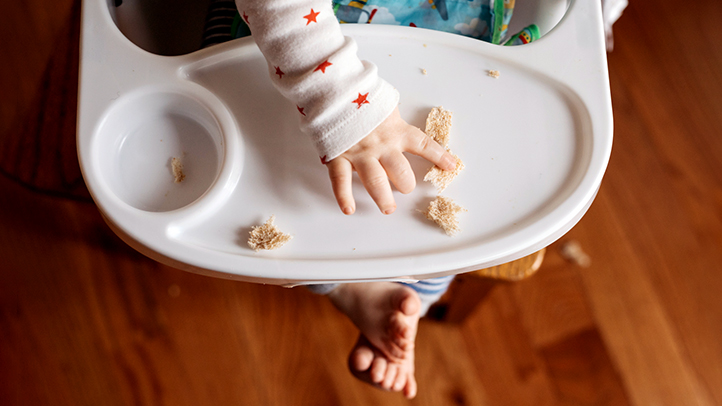
Practice Consistency: Consistency is key when it comes to developing self-feeding habits in children. Stick to regular meal and snack times to establish a routine and promote healthy eating habits. Offer nutritious foods at each meal and snack time to ensure children have ample opportunities to practice self-feeding.
Celebrate Milestones: Celebrate and acknowledge children's milestones and achievements in self-feeding, no matter how small. Whether it's successfully using a spoon or trying a new food for the first time, praise children for their efforts and accomplishments to reinforce positive behaviors.
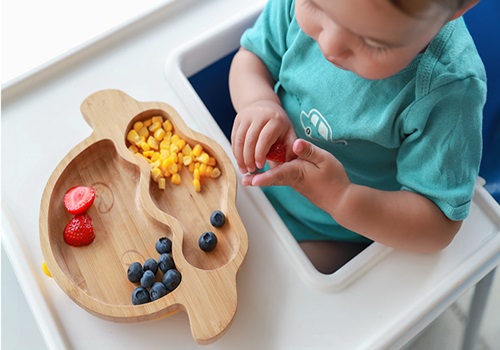
By implementing these strategies, parents and caregivers can help children develop self-feeding skills and establish healthy eating habits that will benefit them throughout their lives.



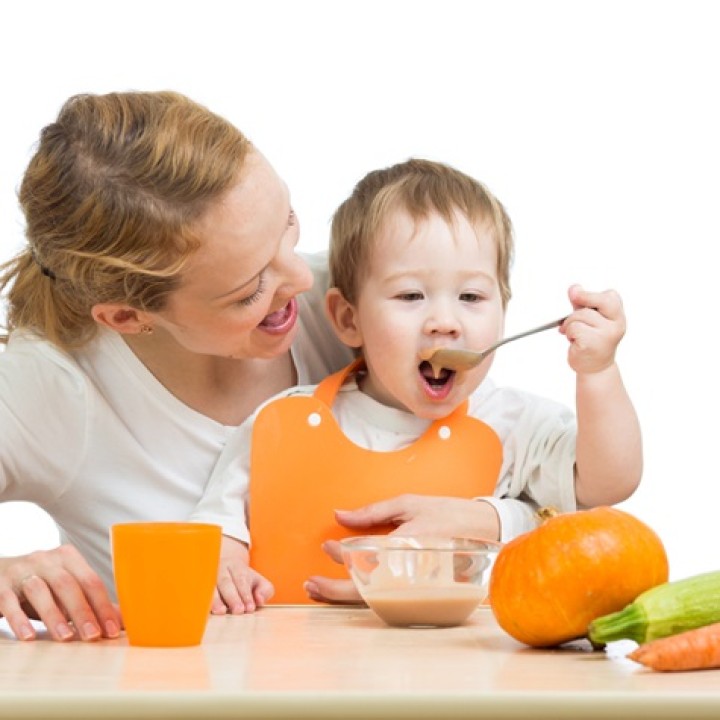

Comment